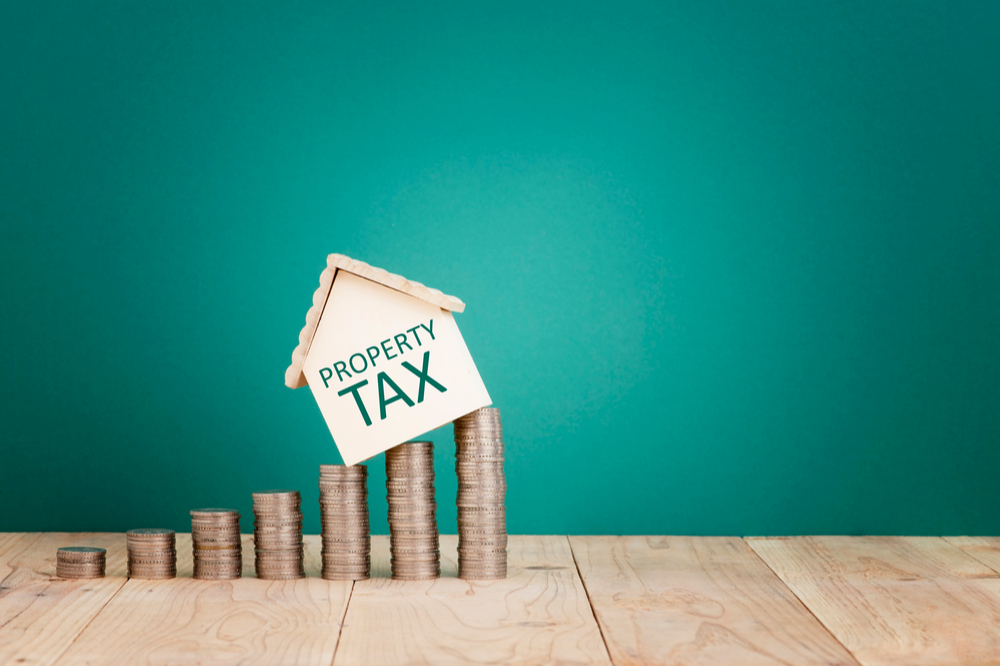
5 Factors That Might Increase Property Taxes
Property taxes, or real estate taxes, are a charge assessed by the government against the value of a piece of real estate. They are paid annually and they vary depending on the location and value of property. Property tax increases as property value rises. Many factors contribute to this fluctuation. It is important to understand these factors to be in a better position to anticipate increases and plan for them accordingly.
The following are five factors that might drive up property taxes:
1. Moving to a new city or state
Different municipalities have their own set rates and tax brackets. The tax rates may change when you move to a new city or state, so it is important that you research the applicable rates before making your final decision. The changes are caused by variation in the services offered by the municipalities and differing levels of state funding. Some states, such as Texas, have no personal income tax. This might seem like a good thing at first, but it could result in increased property taxes to make up for the lost revenue.
2. Home improvements
Making home improvements can increase the value of your property and, in turn, the amount of taxes you pay. If you make significant renovations to your home, such as adding an extra room or a pool, then an assessor will likely re-evaluate the value of your property. The new value could be much higher than what it was previously and lead to an increased tax bill. You should always speak with an experienced real estate tax advisor before making any improvements. They will tell you if the improvement is likely to cause an increase in your property taxes and how much it might be. Some common improvements that could lead to a tax increase are:
- Adding an extra room, floor, or wing to a house.
- Building a pool, deck, or patio, and installing new windows, doors, roofing, or siding.
- Changing the use of the property from residential to commercial.
3. Supplemental tax
In some cases, a municipality may add an additional tax bill on top of the regular property taxes called a supplemental tax. The tax is assessed when there is a new development in the area or when the city needs to raise more money for a particular project. The tax is levied for a specific duration of time, usually two to five years. It is important to know if your municipality levies supplemental taxes, because they can add a lot onto your annual tax bill. Be sure to speak with an experienced real estate tax CPA to find out more about supplemental taxes in your area.
4. Changes to your neighborhood
The value of your property is not only determined by the condition of your home, but also by the neighborhood in which it is located. If neighboring properties are sold for a higher price than yours, then your assessment will likely go up. The assessor will take into account recent sales prices when determining the new value of your property. You cannot do much to change the value of your property, but you can be proactive about how your neighborhood is changing. Stay up-to-date on new developments and keep an eye on what your neighbors are doing. If they are making improvements, then chances are the property tax will increase.
5. State and local budgeting
The amount of money that a state or local government spends on services, such as education, healthcare, and infrastructure, can have a significant impact on property taxes. When budgets are tight, the government may decide to increase the tax rate in order to generate more revenue. This could lead to an increase in your annual property tax.
Planning ahead can help you avoid any unexpected increases in your property taxes. By knowing what might cause an increase, you can be better prepared to deal with it. Speak with an experienced real estate tax CPA to get more information about how property taxes are calculated in your area.


